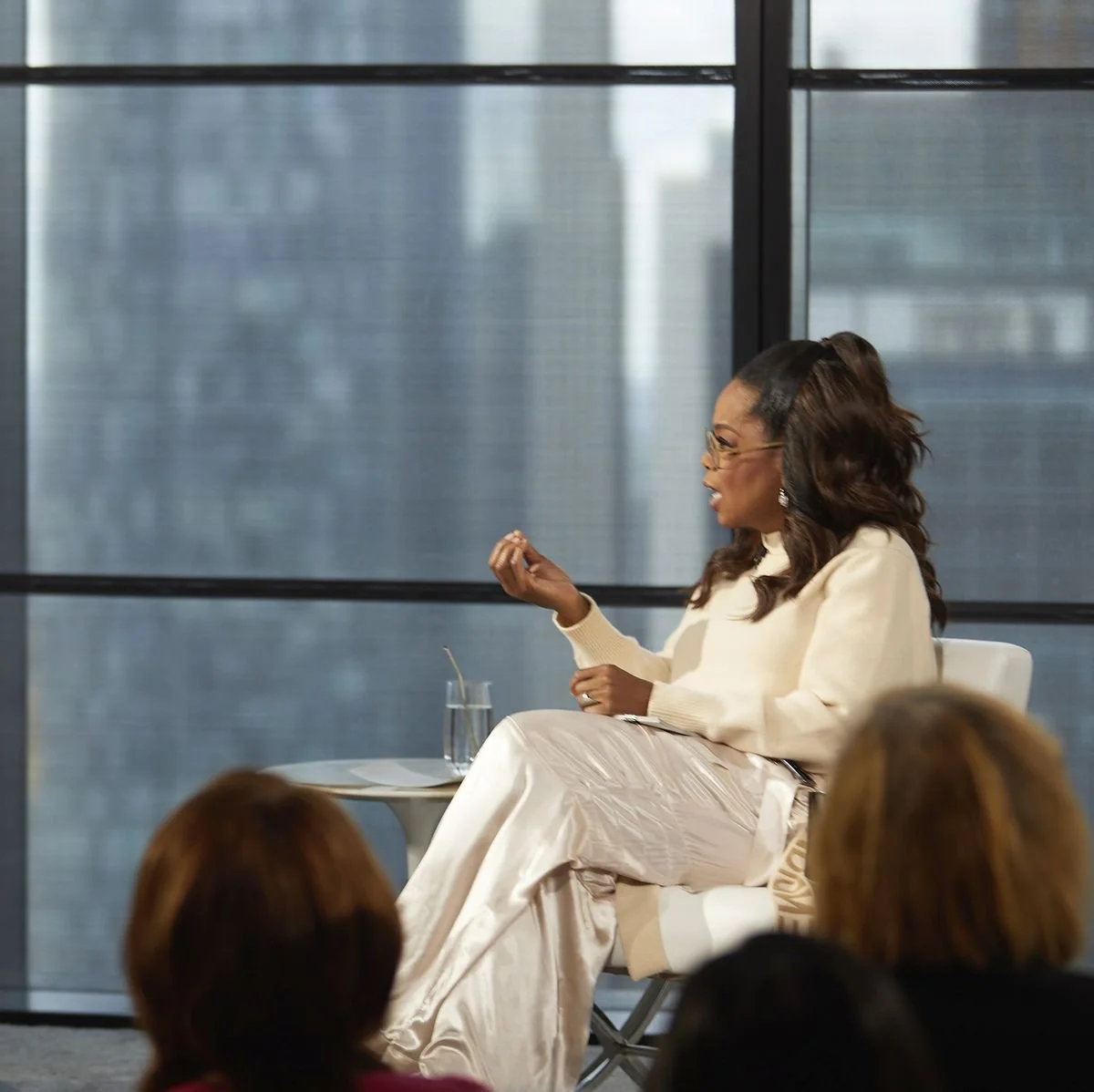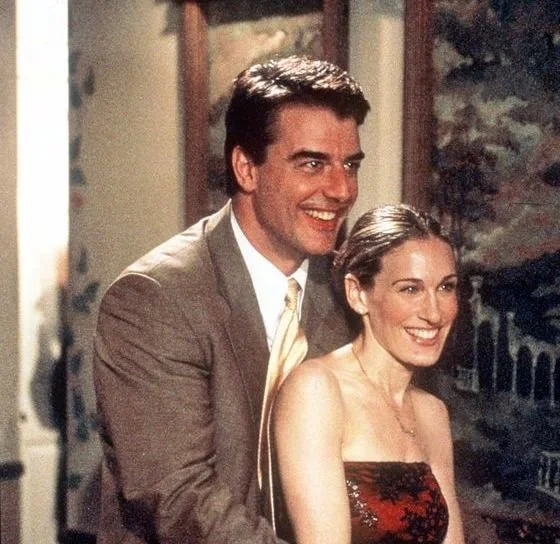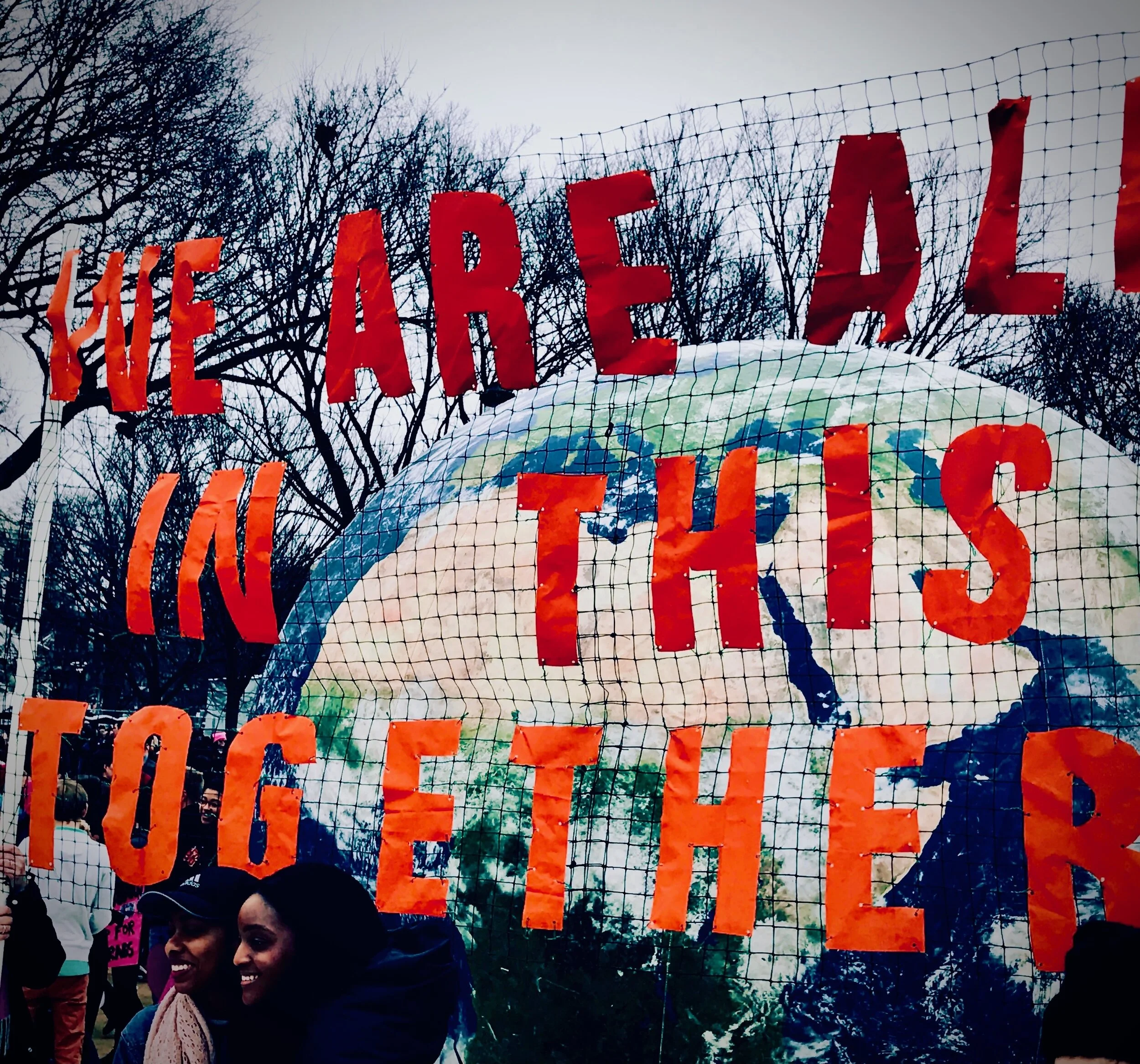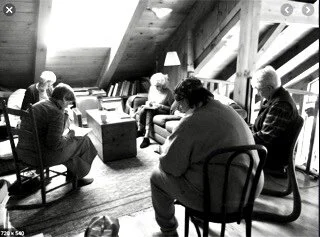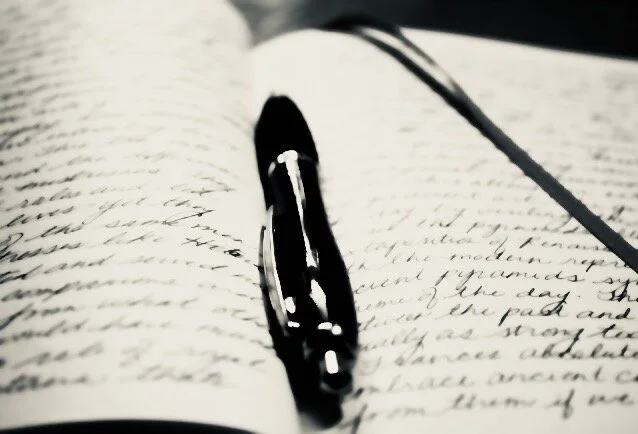Learning to Love My Father as His Mind Unraveled
By Cornelia Channing
When I was around 10 years old, my father started hiding bananas in our house. We found them in the dishwasher, in the junk drawer, behind the potted plants. I once came upon an entire bunch hanging from the shower head.
Read More
The Silent Suffering of Caregivers | Amanpour and Company
In her new book, "Who Cares: The Hidden Crisis of Caregiving and How We Solve It," Emily Kenway relates her experience as the sole caretaker for her mother, who was diagnosed with cancer. The author speaks with Michel Martin about her own experience and the hidden crisis that caregivers around the world are silently suffering from.
Read More
Helping a Child Navigate Grief? Open a Picture Book.
By Elisabeth Egan
Kids have questions about death, and we don’t always have answers. In fact, we rarely do; we have questions of our own!
Read More
Caregivers Helped Us Be a Family. Everyone Should Have That Option.
By Rachael Scarborough King
My 7-year-old son, Carl, realized that it was Tuesday and asked why Robert was not coming to our house that day. Robert had been a caregiver for my husband…
Read More
A Hospice Nurse on Embracing the Grace of Dying
By David Marchese
A decade ago, Hadley Vlahos was lost. She was a young single mother, searching for meaning and struggling to make ends meet while she navigated nursing school.
Read More
Oprah Sits Down with the Founder of the Psychedelic Center at Johns Hopkins University
Oprah and Dr. Griffiths discuss the usage of psychedelics.
Read More
Ashley Judd Reflects on a Year of Grief
The actress and mental health advocate shares how she coped while mourning the loss of her mother, the country music singer Naomi Judd, who died by suicide.
Read More
How to Feel Alive Again
Katherine May, the best-selling author, has one simple question to help you get started.
Read More
Meditation, Psychedelics, Mortality: A conversation with Tara Brach and Roland Griffiths
Roland is a long-term meditator, a psychopharmacologist and professor at Johns Hopkins…
From Tara Brach
Read More
The Greatest Teacher
This article by Lindsay Kyte profiles five people who offer Buddhist wisdom to people who are dying and those close to them. Chronicled is the story of the Vassilaros family.
Read More
Talking About Grief with Anderson Cooper
“If you want to be the most human you can be, then this is part of that,” Cooper says, of grief. “Grief enables you to love more fully, to experience things more fully.”
By Amanda Petrusich
Read More
The Gift of Grief Literacy
Washington Post article by By Karen Attiah
But for a while, I wanted 36 to come in quietly, shut the door, take off its shoes, and just please not touch or break anything in my house.
Read More
Thank You, And Just Like That…, for Showing the Realities of Dating as a Widow
Vogue article by Olivia Jordan Cornelius
I guess the idea of crippling grief is too scary, tiring, and unpalatable. So when Big died in the opening episode of And Just Like That, I imagined Carrie would be dating again by Episode 2. Instead, the show held space for half a season.
Read More
Nick Cave on Living with Loss and the Central Paradox of Grief as a Portal to Aliveness
“The paradoxical effect of losing a loved one is that their sudden absence can become a feverish comment on that which remains… a luminous super-presence.”
Read More
The Radical Act of Letting Things Hurt: How (Not) to Help A Friend in Sorrow
“Why our instinctive efforts to salve another’s sadness tend to only deepen their helpless anguish and broaden the abyss between us and them — and what to do instead.”
Read More
Whats All This About Journaling?
Hayley Phelan for The New York Times
“Studies have also found that writing in a journal can lead to better sleep, a stronger immune system, more self-confidence and a higher I.Q.”
Read More
How The Coronavirus Changed Death
BJ Miller for the New York Times
“This year has awakened us to the fact that we die. We’ve always known it to be true in a technical sense, but a pandemic demands that we internalize this understanding. It’s one thing to acknowledge the deaths of others, and another to accept our own. It’s not just emotionally taxing; it is difficult even to conceive. To do this means to imagine it, reckon with it and, most important, personalize it. Your life. Your death.”
Read More
How Trauma Can Lead to Positive Change
Phsycology Today article by Susanna Newsonen
"You're rushing around your house and you accidentally knock a precious vase to the floor. It smashes into pieces immediately. What do you do next? Do you see the vase as garbage now and throw it in the bin? Do you collect the pieces and try to put them together exactly as it was? Or do you pick up your favourite pieces from the pile and use them to create something new, like a colourful mosaic?"
Read More
The Evolving Field of Narrative Medicine
Insight Into Diversity article by Mariah Bohanon
“Too often, medical training ingrains a singular focus on the body, dismissing other patient concerns as small talk, Charon says. English majors, however, are trained to understand the perspective of others and deduce meaning from tone, sentence structure, and other narrative elements.”
Read More
The Writing Cure
Psychology Today article by Nadya Dich Ph.D.
The Writing Cure is the title of a book written by scientists who study the healing powers of expressive writing – the kind of writing you would use a private journal for, where you describe your experiences and express your emotions.
Read More







